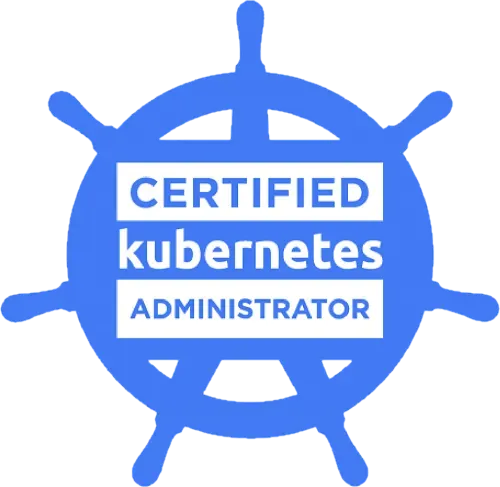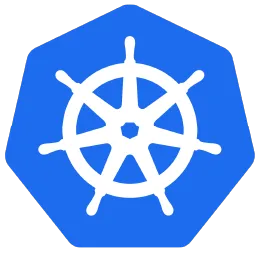Kubernetes Administrator Learning Path
The Kubernetes Administrator Learning Path is designed to equip individuals with the skills necessary to become proficient Kubernetes administrators. This learning path offers a comprehensive journey that provides a solid foundation in DevOps practices, containerization, and Kubernetes administration skills.
How long will it take for me to complete?
What day-to-day looks like
- Container Infrastructure Management
- Deploying, monitoring the applications in a Kubernetes environment
- Cluster and Resource Management
- Troubleshooting and Support
- Enhance Monitoring and Alert Systems
- Collaboration and Design
Kubernetes Administrator
Test your Readiness for Free!
Topic based learning paths
CKA
Linux
Kubernetes
CKAD
Role based learning paths
FAQs
What is the role of a Kubernetes Administrator?
A Kubernetes Administrator is responsible for the deployment, maintenance, and management of Kubernetes clusters. They handle tasks such as cluster setup, configuration, troubleshooting, scaling, and ensuring high availability of applications running on Kubernetes.
What skills and knowledge are required to become a Kubernetes Administrator?
To become a Kubernetes Administrator, you should have a strong understanding of containerization concepts, knowledge of Docker, proficiency in working with Kubernetes components and architecture, experience with cluster setup and management, understanding of networking and storage in Kubernetes, and troubleshooting skills.
What certifications are available for Kubernetes Administrators?
The Certified Kubernetes Administrator (CKA) certification is a popular and widely recognized certification for Kubernetes Administrators. It validates your knowledge and skills in administering Kubernetes clusters. Additionally, there are other Kubernetes-related certifications such as Certified Kubernetes Security Specialist (CKS) for focusing on Kubernetes security.
How can I prepare for the CKA certification exam?
To prepare for the CKA certification exam, it is recommended to gain hands-on experience with Kubernetes by working on real-world projects or using practice environments. Familiarize yourself with Kubernetes concepts, architecture, and administrative tasks. Practice using kubectl commands, deploying applications, troubleshooting common issues, and managing cluster resources. Check KodeKloud's CKA learning path.
What are some common challenges faced by Kubernetes Administrators?
Kubernetes Administrators often face challenges related to cluster scalability, managing resources efficiently, ensuring high availability, handling networking configurations, implementing security measures, and troubleshooting issues related to application deployments. It is important to stay updated with best practices, monitor cluster performance, and be proficient in troubleshooting and debugging Kubernetes environments.
What is the role of Kubernetes in a cloud-native architecture?
Kubernetes plays a crucial role in a cloud-native architecture by providing a platform for managing and orchestrating containerized applications. It enables scalability, portability, and resilience of applications by automating deployment, scaling, and management of containers across a cluster of machines. Kubernetes allows organizations to build and run cloud-native applications effectively.
How important is networking knowledge for a Kubernetes Administrator?
Networking knowledge is essential for a Kubernetes Administrator as networking plays a vital role in connecting applications, services, and nodes within a Kubernetes cluster. Understanding concepts such as Kubernetes networking models, network policies, service discovery, load balancing, and ingress controllers is crucial for configuring and troubleshooting networking aspects in Kubernetes.
What is the difference between a Kubernetes Administrator and a Kubernetes Developer?
A Kubernetes Administrator focuses on the operational aspects of managing Kubernetes clusters, including cluster setup, configuration, monitoring, and troubleshooting. They ensure the stability and availability of the Kubernetes infrastructure. On the other hand, a Kubernetes Developer primarily focuses on developing and deploying applications on Kubernetes, including creating containerized applications, defining Kubernetes deployment manifests, and optimizing application performance within Kubernetes.

.svg)





.svg)




.svg)


-p-1080.webp)







.svg)






